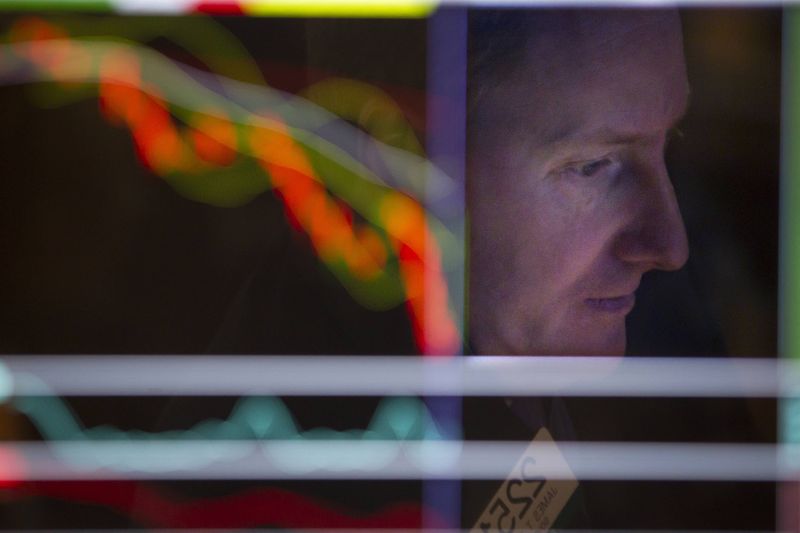Tapestry's Outlook Raised to Stable After the End of Capri Agreement
On Tuesday, following the termination of the merger agreement with Capri Holdings Ltd. due to uncertainties around regulatory approval, S&P Global Ratings revised Tapestry Inc.'s financial outlook from negative to stable. Tapestry also repaid $6.1 billion in bonds financed with available cash. S&P Global Ratings confirmed Tapestry's 'BBB' credit rating and expects the company to maintain a high leverage ratio of around 1x while sustaining consistent shareholder returns over the next year.
The stable outlook for Tapestry is based on forecasts that its sales will remain flat over the next year, with a modest increase anticipated in 2026 and beyond. The company is expected to maintain strong EBITDA margins compared to its competitors. This outlook comes after Tapestry significantly reduced its financial obligations through the repayment of a substantial amount of senior debt. The company's gross funded debt is projected to be around $2.4 billion at the end of its fiscal year concluding in June 2025.
Tapestry's financial risk profile has been reassessed from medium to modest level, supported by a sustained high leverage ratio of 1x for the fiscal year 2025, with modest improvements expected in subsequent years. The company has approved an additional $2 billion share buyback program, which it plans to finance through debt issuance. Tapestry currently has a $750 million term loan and a $1 billion revolving credit, which it aims to refinance soon.
Despite expected steady demand for 2025 and ongoing investments in its brands and digital channels, Tapestry is projected to generate over $850 million in annual free operating cash flow over the next two years. The company also plans to allocate approximately $200 million annually for capital expenditures to support operations and store renovations. Tapestry's post-merger financial policy aims to keep leverage below 2.5x while maintaining a robust investment-grade capital allocation plan.
Despite a challenging discretionary spending environment, Tapestry's revenue growth is expected to remain stable. In the first quarter of the fiscal year 2025, revenue held steady compared to the previous year. Tapestry's flagship brand Coach experienced modest sales growth due to a rise in direct-to-consumer sales, while Kate Spade faced a decline. Coach's performance, supported by innovative products and digital sales growth, is expected to bolster Tapestry's long-term growth prospects.
The company's profitability is anticipated to improve, supported by disciplined cost management and higher average unit retail prices. In the first quarter ending September 28, 2024, Tapestry's EBITDA margin improved, reflecting increased ticket prices and lower shipping costs. The management's focus on attracting new customers, particularly from younger demographics, along with the expanding digital sales channel, is expected to contribute to profitability improvements.
S&P Global Ratings' stable outlook is based on the expectation that Tapestry will sustain strong operating margins compared to its competitors. Tapestry could face a rating downgrade if leverage approaches 2.5x consistently due to worse-than-expected consumer spending or a more aggressive financial policy. Conversely, if the company balances shareholder returns and a conservative debt load while keeping leverage at 2.0x or below, an upgrade of the rating could be possible.


